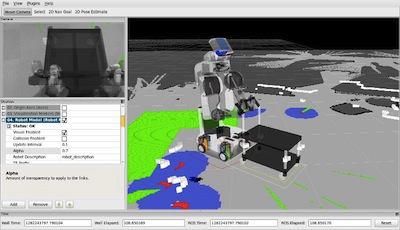Hello all.
Is there some operating system masters here ? In the scope of a minimalist industrial grade Programmable Logic Controller, what are the critical features for embedded operating system ?
The system is a preemptive stack based context switch, I have :
- serious stack overflow control
- avoid any software or hardware deadlocks (watchdog)
- manage resource access (abstraction layers, system calls, mutexes, semaphore, ... )
- be real timed
- error handling / recover
- task priority
- inter task communication
- debugging capabilities
I have unix in mind for model, like error handling with return value of functions. I also think about Apollo Guidance Computer for his high hardware and software efficiency.
Is there some operating system masters here ? In the scope of a minimalist industrial grade Programmable Logic Controller, what are the critical features for embedded operating system ?
The system is a preemptive stack based context switch, I have :
- serious stack overflow control
- avoid any software or hardware deadlocks (watchdog)
- manage resource access (abstraction layers, system calls, mutexes, semaphore, ... )
- be real timed
- error handling / recover
- task priority
- inter task communication
- debugging capabilities
I have unix in mind for model, like error handling with return value of functions. I also think about Apollo Guidance Computer for his high hardware and software efficiency.

